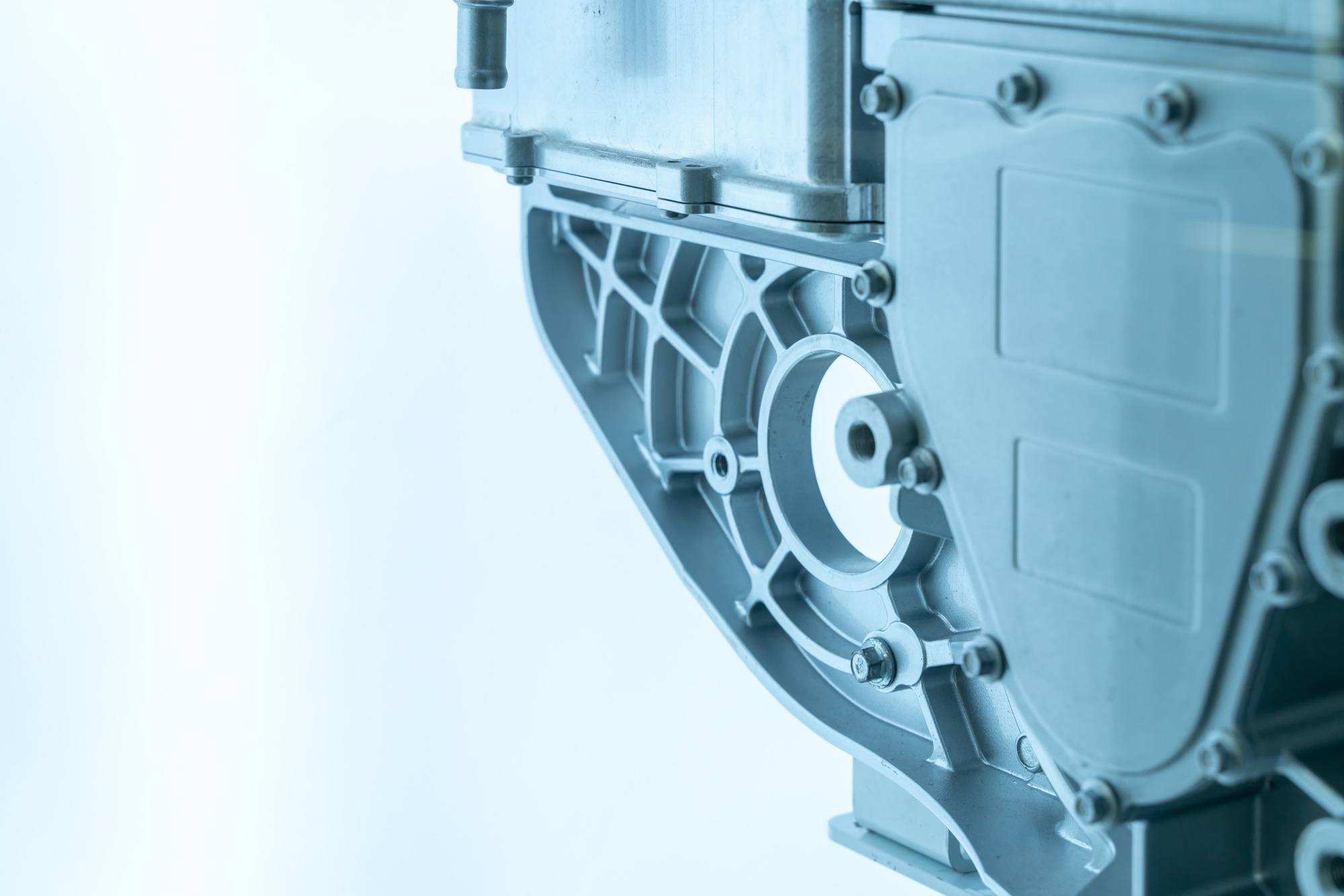Importance of Turbocharger Maintenance
Maintaining your turbocharger is crucial for the overall health and performance of your vehicle. A turbocharger enhances engine power by forcing extra air into the combustion chamber, thereby improving efficiency and horsepower. When turbocharger upkeep becomes a priority, your vehicle can achieve optimal performance and fuel efficiency.
The significance of maintenance cannot be overstated. Regular checks and servicing prevent potential issues that could lead to costly repairs or replacements. Over time, a turbocharger is exposed to extreme conditions, such as high temperatures and pressure, which can lead to wear and tear. Conducting consistent maintenance helps in identifying such wear early, thus extending the turbocharger’s longevity.
In the same genre : Essential Tips for Extending the Lifespan of High-Performance Brakes in UK Sports Cars
Neglecting upkeep has serious consequences. A malfunctioning turbocharger can drastically reduce engine performance, increase fuel consumption, and lead to more severe engine damage. Without proper maintenance, a vehicle can face increased emissions and reduced power output, resulting in a less efficient driving experience.
In essence, the importance of turbocharger maintenance lies in preserving vehicle performance and avoiding unnecessary expenses. Regular services not only prolong the lifespan of the turbocharger but also ensure that the vehicle remains efficient, reliable, and environmentally friendly. Prioritising turbocharger maintenance is therefore an investment in your vehicle’s future.
This might interest you : Essential Tips for Optimizing Your Hybrid Car Battery Lifespan in the UK
Regular Inspection Routines
Regular inspection routines are essential for maintaining the health and performance of your vehicle. Establishing a consistent inspection schedule can prevent minor issues from becoming costly repairs, ensuring your car runs smoothly and safely.
Establishing a Maintenance Schedule
Creating a maintenance routine will help keep track of necessary performance checks. It’s crucial to adhere to recommended intervals for inspections. While specifics can vary depending on the vehicle make and model, a general guide is to conduct performance checks every six months or every 10,000 miles. Keeping a detailed log of your maintenance routine aids in tracking what needs attention next, ensuring nothing is overlooked.
Key Components to Inspect Regularly
In your inspection schedule, certain components require regular attention. Key elements to check include:
- Oil levels and quality – essential for engine health
- Filters – air, oil, and fuel filters can accumulate dirt, reducing efficiency
- Hoses – inspect for wear and tear, which might lead to leaks or breakdowns
Utilizing Professional Services
Utilizing professional services is advisable to guarantee thorough inspections and maintenance. Identifying trusted auto service providers in the UK can aid in performance checks. Engage with highly-rated providers with a robust track record. Regular service appointments ensure comprehensive inspections by professionals, supporting a longer-lasting vehicle.
Common Turbocharger Issues
Turbochargers are an essential component in enhancing engine performance, yet they aren’t immune to problems. Understanding potential issues and their causes can aid in diagnosis and repair.
Identifying Signs of Turbocharger Failure
Recognizing signs of a failing turbocharger is crucial. Common indicators include unusual noises such as whining or whistling, which often point to faulty bearings or seals. A noticeable drop in engine performance can also signal turbocharger troubles. Keep an eye on oil leaks, as they might stem from a damaged oil line or worn seals, leading to further complications.
Causes of Turbocharger Malfunctions
Several factors contribute to turbocharger malfunctions. Oil contamination or starvation is a primary cause, often due to infrequent oil changes. Debris buildup can lead to clogging, affecting overall functionality. Overboosting occurs when the turbo provides more air pressure than needed, potentially damaging engine components due to excessive thrust load.
Quick Fixes and Temporary Solutions
While immediate repairs are ideal, some short-term measures can prevent further damage. Ensuring regular oil changes can mitigate oil-related problems. If clogging is detected, cleaning the intake system may offer a temporary solution. Reducing engine loads could also ease the stress on the turbocharger, preventing further deterioration until professional repairs are pursued.
Essential Tools for Turbocharger Maintenance
A successful DIY maintenance session for your turbocharger heavily relies on having the right maintenance tools at your disposal. A fundamental tool kit should include essential items like wrenches and screwdrivers. These tools are indispensable for adjusting bolts and supporting parts that secure your turbocharger. However, for those who prefer more detailed tinkering, additional equipment is advisable.
Must-Have Tools for Enthusiasts
For the true car aficionado, beyond your basic kit, specialized ratchets and torque wrenches can significantly ease the maintenance process. These tools ensure bolts are tightened properly, preventing any loose connection which can lead to malfunction. Adjustable spanners, on the other hand, cater to a variety of nut sizes, offering versatility in your toolbox.
Recommended Diagnostic Equipment
Troubleshooting issues with your turbocharger is crucial, and investing in diagnostic tools is a smart move. Devices like a multimeter are excellent for checking electrical connections and ensuring everything runs smoothly. Additionally, an OBD-II scanner can provide data and error codes, guiding you in pinpointing faults effectively.
Safety Gear and Supplies
Safety should never be overlooked during maintenance. A sturdy pair of gloves protects against scrapes and burns, while safety goggles shield your eyes from debris and harmful substances. Ensure your work area is well-ventilated and keep a fire extinguisher nearby as an added precaution. Prioritising safety ensures both successful and secure maintenance sessions.
Preventative Measures for Turbocharger Longevity
To ensure the long lifespan of your turbocharger, adopting regular preventative maintenance is pivotal.
Importance of Regular Oil Changes
One of the most crucial practices is consistent oil changes. Quality oils reduce friction and safeguard the moving parts within the turbocharger. Oils should be changed frequently to avoid contaminants that could cause wear and tear, impacting overall performance.
Keeping the Air Intake System Clean
Equally important is maintaining a clean air intake system. Contaminated air filters can obstruct airflow, leading to increased strain on the turbocharger. Cleaning or replacing air filters regularly ensures that your turbocharger receives the clean air it needs. This practice helps maintain performance and extend the lifespan.
Monitoring Driving Habits
Your driving habits significantly influence the longevity of a turbocharger. Aggressive driving, such as sudden acceleration, places excessive pressure on the system. By adjusting your driving style, you can ease the strain on the turbocharger. Smooth acceleration, avoiding abrupt speed changes, and allowing the engine to warm up before offloading the turbocharger are best practices that contribute to its durability.
By incorporating these preventative maintenance tips into your routine, you enhance your turbocharger’s longevity, ensuring it remains efficient and effective for years to come.
UK-Specific Factors Affecting Turbocharger Maintenance
When it comes to maintaining turbochargers in the UK, several factors play a crucial role, stemming primarily from the unique UK climate and varying regional driving conditions. These elements are essential to consider for prolonging the life and efficiency of your vehicle’s turbocharger.
Effects of Weather on Turbocharger Health
The UK climate, known for its cold and wet conditions, can significantly impact turbocharger performance. Cold weather can cause oil in the turbo system to thicken, potentially leading to insufficient lubrication. Meanwhile, moisture from the wet weather can contribute to corrosion and debris build-up, affecting turbocharger efficiency. Regular checks and maintaining optimal oil viscosity can help mitigate these impacts.
Regional Driving Conditions to Consider
Driving conditions can differ widely in urban versus rural settings. In cities, frequent stops and short journeys may not provide the turbocharger with enough time to reach optimal temperature. Conversely, rural driving often involves varied terrain and speed changes, which can strain the turbocharger. Adjusting your maintenance schedule to account for these driving patterns ensures a longer lifespan for the turbo.
Resources for UK Car Owners
UK car owners benefit from a wealth of resources for turbocharger maintenance. Online forums, local mechanic reviews, and community groups offer tailored advice and support. Utilizing these resources can provide valuable insights specific to UK climate impacts and driving conditions.











